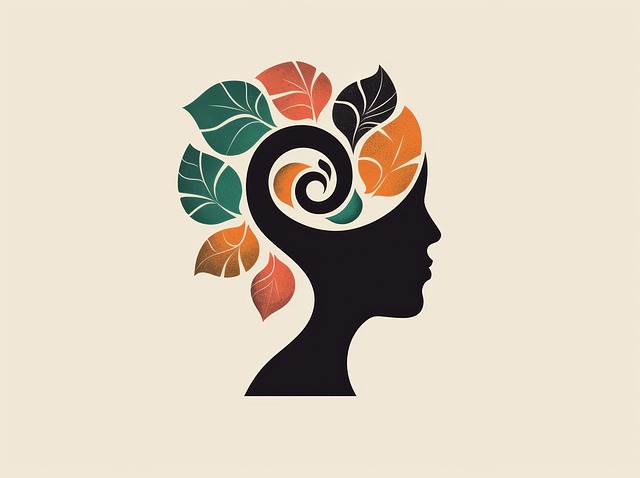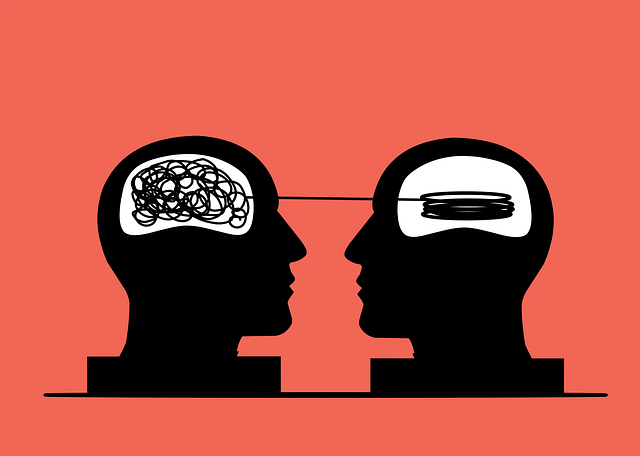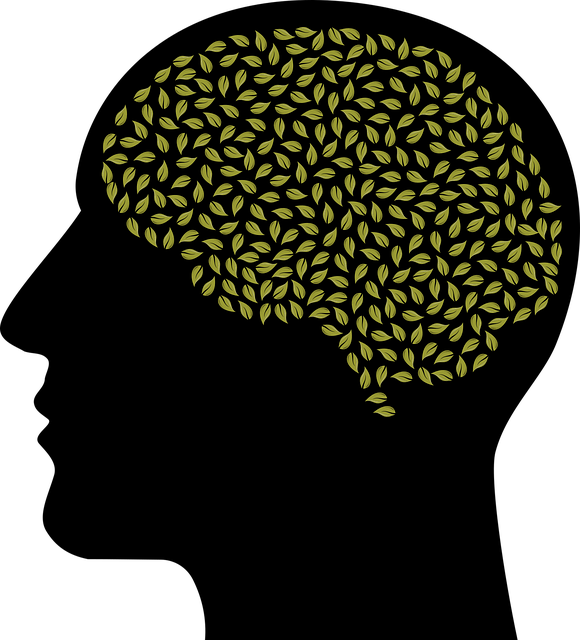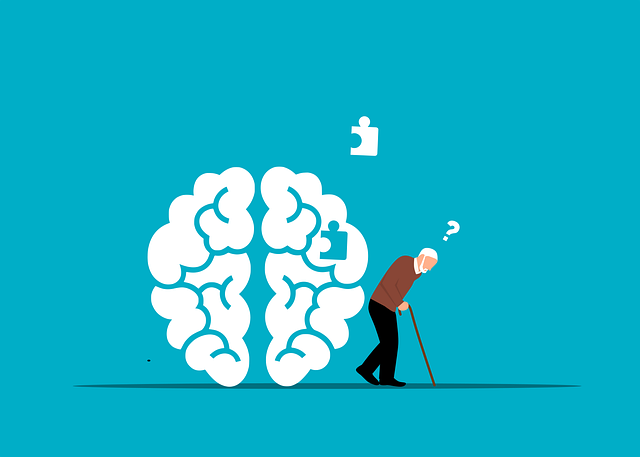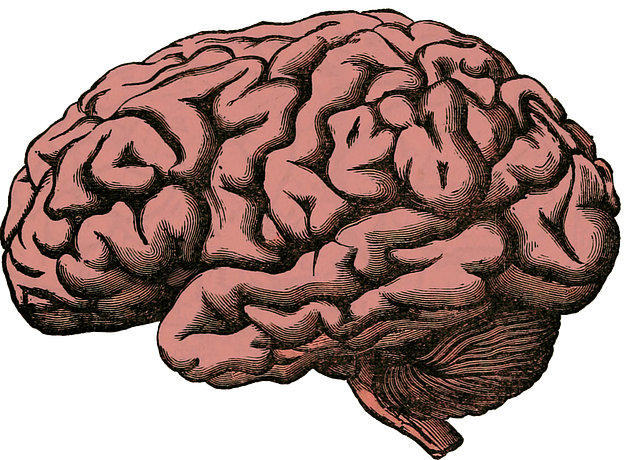Centennial Developmental Disability Therapy (CDDT) is an evidence-based approach prioritizing holistic mental wellness for individuals with developmental disabilities. Through personalized sessions, therapists empower clients to manage emotions, build self-esteem, and navigate social environments. This method combines stress management, emotion regulation, and resilience training, tailored to individual strengths and challenges. CDDT therapists address specific disability needs and broader mental health concerns, reducing stigma and encouraging support-seeking. By fostering emotional intelligence and trauma resilience, they contribute to reshaping societal perceptions and enhancing clients' overall emotional well-being.
Mental wellness promotion is a vital aspect of Centennial Developmental Disability Therapy, focusing on fostering resilience and overall well-being. This article explores the significance of mental health in developmental disability therapy and delves into strategies therapists employ to enhance clients’ lives. We discuss effective techniques for promoting mental wellness, emphasizing the creation of supportive environments that encourage growth. By understanding the unique needs of individuals with developmental disabilities, therapists can navigate challenges and foster thriving minds.
- Understanding Mental Wellness and Its Significance in Developmental Disability Therapy
- The Role of Centennial Developmental Disability Therapists in Promoting Mental Health
- Strategies and Techniques for Effective Mental Wellness Promotion
- Creating a Supportive Environment: Fostering Resiliency and Well-being
Understanding Mental Wellness and Its Significance in Developmental Disability Therapy

Mental wellness is a fundamental aspect of overall well-being, especially when addressing developmental disabilities. In the context of Centennial Developmental Disability Therapy (CDDT), understanding and promoting mental wellness involves recognizing the unique challenges individuals with developmental disabilities face in navigating their emotional states and social environments.
CDDT aims to foster coping skills development and self-esteem improvement by creating supportive spaces where individuals can learn to manage stress, regulate emotions, and build resilience. By integrating evidence-based practices and personalized therapeutic approaches, therapists help clients develop healthy mental wellness habits tailored to their specific needs. This holistic approach ensures that the therapy aligns with the individual’s unique strengths and challenges, fostering a sense of belonging, purpose, and overall well-being.
The Role of Centennial Developmental Disability Therapists in Promoting Mental Health

Centennial Developmental Disability Therapists play a pivotal role in promoting mental wellness, addressing not just specific disabilities but also broader mental health concerns within their communities. Through specialized therapy sessions, they work to enhance emotional intelligence, a key component in managing and preventing mental illness. By fostering environments that encourage open discussions about emotions and experiences, these therapists help reduce the stigma associated with mental illness, crucial for encouraging individuals to seek support when needed.
Moreover, they provide essential trauma support services, tailoring interventions to meet unique needs. This holistic approach ensures individuals with developmental disabilities not only cope with current challenges but also develop resilient coping mechanisms for life’s inevitable struggles. In light of these efforts, Centennial Developmental Disability Therapists emerge as vital agents in reshaping societal perceptions and enhancing the emotional well-being of their clients.
Strategies and Techniques for Effective Mental Wellness Promotion

Promoting mental wellness requires a multifaceted approach that caters to individual needs and unique challenges. One effective strategy is incorporating Centennial Developmental Disability Therapy techniques, which have proven beneficial for various populations. This therapy focuses on fostering self-awareness, teaching coping mechanisms, and enhancing problem-solving skills, all of which contribute to improved emotional resilience and overall mental wellness.
Additionally, social interaction plays a pivotal role in mental health. Implementing Social Skills Training can help individuals build and strengthen connections, reduce feelings of isolation, and promote empathy. Encouraging open communication, active listening, and perspective-taking are key components within these training programs. Similarly, Empathy Building Strategies aim to deepen understanding and compassion among peers, creating supportive environments that mitigate stress and anxiety relief, thereby fostering a positive mental wellness culture.
Creating a Supportive Environment: Fostering Resiliency and Well-being

Creating a supportive environment is pivotal in promoting mental wellness, especially for individuals with developmental disabilities. Centenal Developmental Disability Therapy emphasizes the importance of fostering resilience and overall well-being. This involves cultivating a setting that encourages open communication, embraces diversity, and provides opportunities for social interaction and skill development. By implementing effective burnout prevention strategies for healthcare providers, we can ensure that those offering support remain equipped to assist effectively without succumbing to exhaustion.
Integrating positive thinking practices into daily routines can significantly enhance mental health awareness and resilience. Encouraging individuals to engage in activities they find fulfilling, fostering strong social connections, and promoting self-care are essential components of this process. A supportive environment not only enhances the quality of life for those with developmental disabilities but also contributes to a more inclusive society that values and supports everyone’s mental wellness journey.
In conclusion, promoting mental wellness within the context of Centennial Developmental Disability Therapy is an integral aspect of fostering resilience and overall well-being. By understanding the unique mental health needs of individuals with developmental disabilities, therapists can implement effective strategies to support their clients’ emotional growth. Through a combination of education, advocacy, and creating supportive environments, developmental disability therapists play a pivotal role in revolutionizing mental healthcare, ensuring better outcomes for those they serve.



